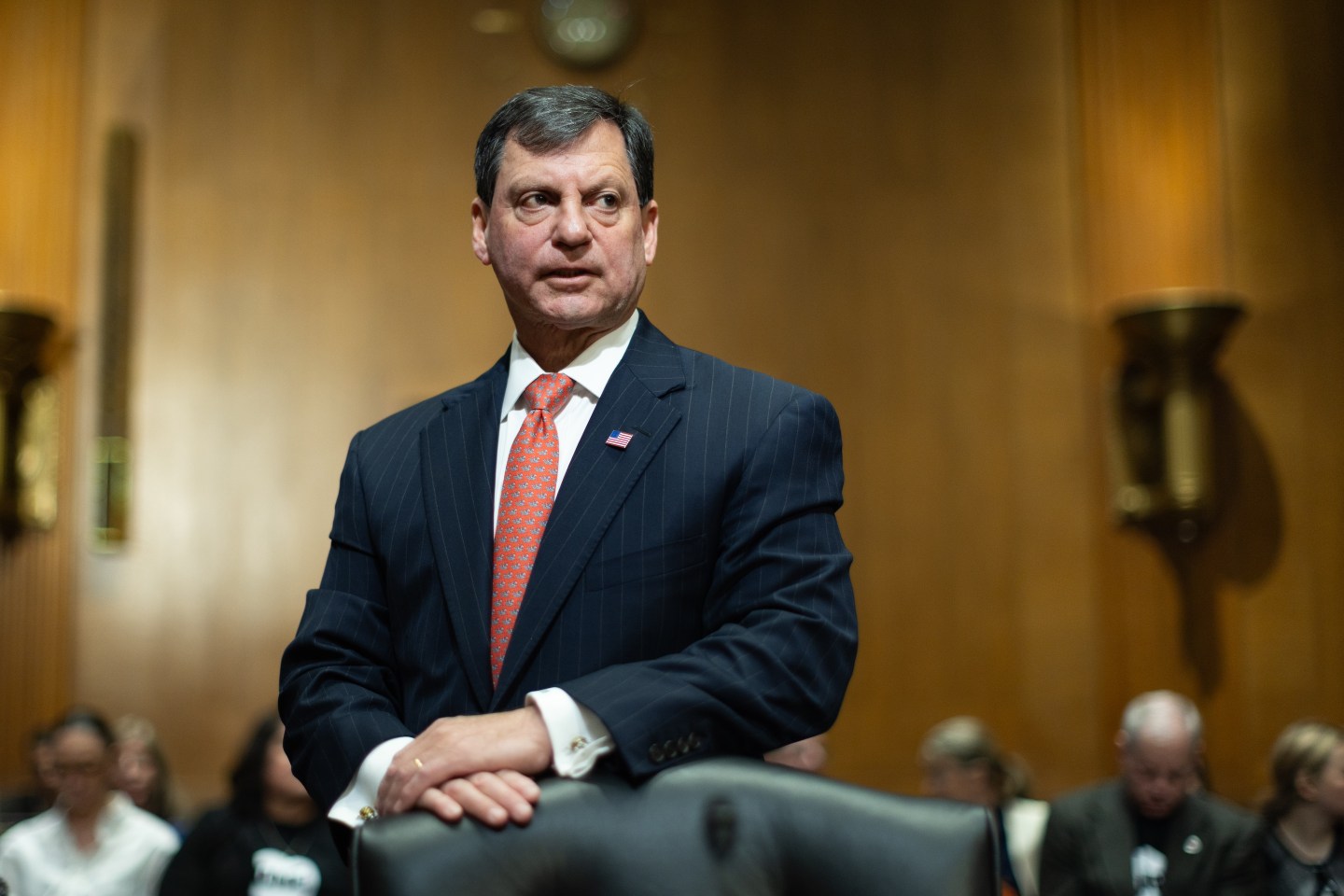This is the web version of CEO Daily. To get it delivered to your inbox, sign up here.
Good morning.
Public trust is in short supply these days. That’s a clear takeaway from last week’s events, and it’s also the finding of the annual Edelman Trust Barometer global survey, out this morning. Trust in governments has plummeted during the pandemic, and trust in media is at record lows. A clear majority of those responding—57%—“believe that government leaders, business leaders and journalists are purposely trying to mislead people by saying things they know are false.”
But here’s a surprising development: Business has emerged as the most trusted institution in the crisis, displacing government. And despite layoffs, furloughs and other cutbacks during the downturn, survey respondents cite “my employer” as their most trusted source of information.
That’s a credit to how many businesses handled the pandemic, putting safety concerns about their employees first. It’s also an opportunity. How businesses use that new-found trust in the months ahead will be worth watching. You can find the full survey results here.
Separately, Dropbox CEO Drew Houston has written a piece for Fortune arguing the “rise of remote work is the best thing to happen to knowledge work in generations.” Companies that embrace remote work in the post-pandemic world will “attract the top talent, ship the best products and earn the most market share.” But they also will have to make some major changes—repurposing offices to foster human connections, rethinking the workweek to allow flexibility around individual needs, and changing the way work is managed and monitored. You can read the full piece here.
More news below. And check out our new columnist S. Mitra Kalita on the role mentoring plays on the new world of work. It’s on the Smarter Working hub, here.
Alan Murray
@alansmurray
alan.murray@fortune.com
TOP NEWS
Sinovac setback
China's big vaccine-export hope, Sinovac's CoronaVac, just suffered a huge blow: it's only 50.4% effective, according to the results of its first large-scale, late-stage trial. The trial was conducted by Brazil's Butantan Institute, which claimed last week that the efficacy rate was 78%. Now, it says that figure left out "very mild" cases that did not require medical assistance. CNBC
Privacy rules
An opinion delivered today by the top legal advisor to the EU's highest court, in a jurisdiction-related case involving Facebook and the Belgian privacy authorities, could spell trouble for Big Tech. Advocate General Michal Bobek says the EU's national watchdogs can go after a company such as Facebook even if the company has its main regional office in another EU country (Ireland in this case.) If the court agrees, more regulators could sue Big Tech firms for GDPR violations. Irish Times
Sedition charges
Federal prosecutors are examining over 160 cases relating to last week's insurrection, and in some they may seek sedition charges. That's also how the nation's military leadership sees it—a statement yesterday talked about “a direct assault on the U.S. Congress, the Capitol building, and our constitutional process," while also rebuffing those who falsely claim that President Trump won the election. Meanwhile, Vice-President Mike Pence has refused to invoke the 25th amendment to remove Trump. Wall Street Journal
FBI intelligence
The FBI knew that violence was a strong possibility at last week's Capitol demonstrations, according to a situational information report that contradicts the agency's assertion to the contrary. The report was based on online calls for "war" and the sharing of a map of the complex's tunnels. The warning suggests the insufficient security at the riot was not down to a lack of intelligence, but to a failure to act on it. Meanwhile, there are now eight investigations into the (in)actions of Capitol Police officers a week ago. Washington Post
AROUND THE WATER COOLER
Supermarket merger
Early-stage merger talks are underway between the Canadian convenience-store chain Couche-Tard and the French large-format supermarket giant Carrefour. Couche-Tard made the approach. A combined entity would be worth over $50 billion. Financial Times
Climate adaptation
The effects of the climate emergency should be addressed by proactive investment in adaptation projects, rather than merely by throwing money at disaster cleanup, write Milliman's Michael J. McCord and the UNCDF's Abhisheik Dhawan in a Fortune piece. "To our knowledge, there are currently no existing long-term bond products that specifically incentivize climate adaptation in low-income countries and small island nations," the write. "This is a perfect opportunity for donors, public and private sectors, investors, and technicians to collaborate and create a positive outcome for all parties." Fortune
Chip time
AMD, Intel, Nvidia and Qualcomm all made big chip announcement yesterday at the virtual-this-year CES tech trade show. Intel CEO Bob Swan left it to EVP Greg Bryant to handle the presentation this year; the company touted new gaming chips, along with processors it said would enhance video quality for kids using low-cost laptops to go to virtual school. Fortune
Huawei Europe
Huawei has "a toxic corporate culture that is promoted by the company’s management," according to a joint investigation into the firm's European operations by several European media outlets. It seems employees without Chinese roots are not allowed to have offices alongside expats sent from Shenzhen, and "management positions held by locals appear to be little more than window dressing." Also, Huawei stands accused of trying to interfere in the private lives of Chinese employees deployed in Europe. Netzpolitik
This edition of CEO Daily was edited by David Meyer.












